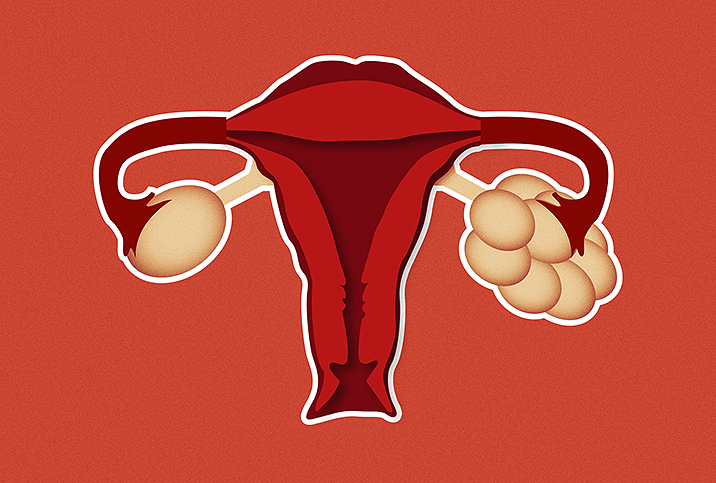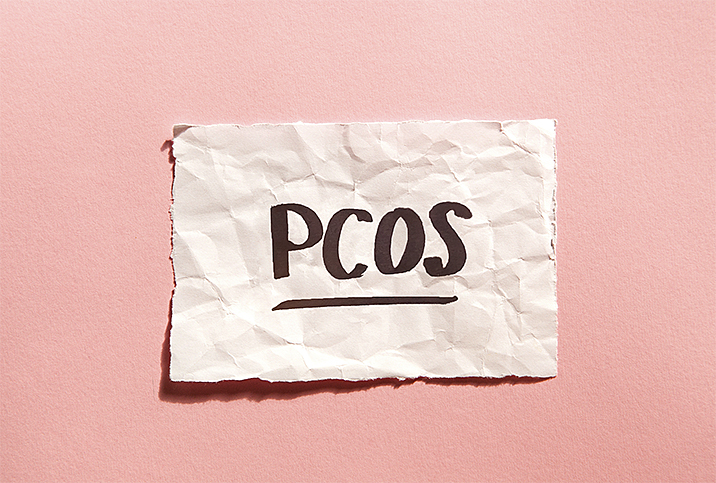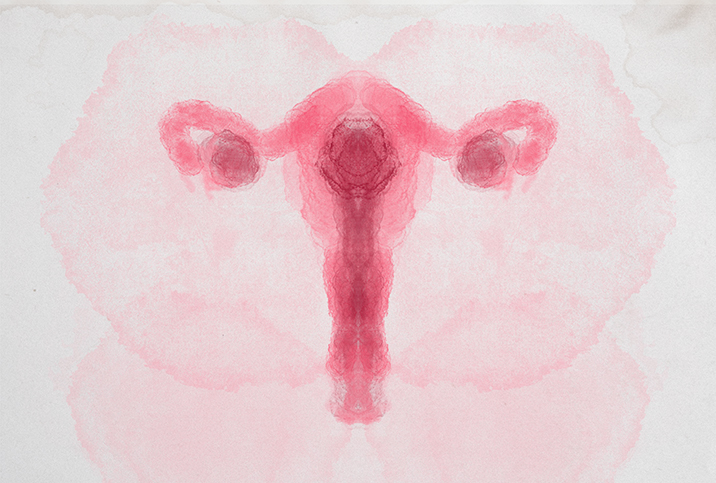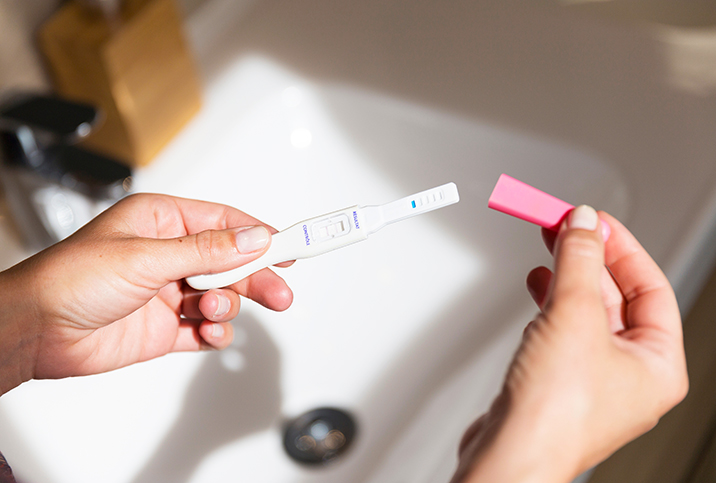The Effects of PCOS on Your Fertility

You might already be familiar with polycystic ovary syndrome (PCOS), one of the most common conditions related to female infertility. Read on to learn more about the causes, symptoms and treatment options available for women with PCOS.
Causes and symptoms of PCOS
According to the National Institutes of Health (NIH), PCOS impacts at least 7 percent of adult women and approximately 5 million women of childbearing age in the United States. It is one of the most common conditions for women of reproductive age.
Though the causes of polycystic ovary syndrome are not fully understood, androgen levels play a big part. Often, androgen is referred to as a male hormone, but women produce small amounts as well. Hyperandrogenism is another factor because the ovaries of women with PCOS tend to produce too much testosterone.
It’s important to discuss a possible PCOS diagnosis with your doctor if you have at least two of the following conditions:
- Irregular menstrual cycle or missed periods, caused by a lack of ovulation.
- Acne, excess hair growth on the body and face or thinning hair, which indicates an imbalance in male hormone levels.
- Numerous small cysts on the ovaries.
- Excess weight gain, a common symptom of PCOS.
- Family history of this disorder.
Polycystic ovary syndrome is one of the most common conditions for women of reproductive age, and all races and ethnicities are at risk. Most women are not diagnosed until they are in their 20s or 30s.
Getting pregnant with PCOS
PCOS is a complicated health condition that affects a woman’s ability to get pregnant. It’s important to consult with your OB-GYN on the best course forward if you have PCOS and are trying to conceive.
After ruling out other reasons for infertility, your doctor may prescribe medicine to help you ovulate. They may also suggest beginning an exercise program and improving your diet, as this can help improve fertility.
In-vitro fertilization (IVF) may be an option if medicine does not work. With IVF, your egg is fertilized with sperm in a laboratory and then it is placed in the uterus to develop and implant. Overall, IVF has contributed to higher pregnancy rates for women with PCOS.
Finally, surgery is an option if none of the other treatment options were successful. Women who have PCOS have a thickened ovarian cortex, and during surgery, the doctor makes a few holes in your ovaries through either a laser or a fine needle with electricity. With this surgical procedure, it can take 6 to 8 months before your ovaries are restored.
Pregnant women with PCOS are at a higher risk of miscarriage, gestational diabetes and cesarean section, so be sure to talk through these concerns with your OB-GYN.
If you are not trying to get pregnant, it is still important to speak with your doctor about PCOS, as women with this condition are at a higher risk of cancer, diabetes, heart disease and stroke. So, it is essential to consult with your doctor and follow their treatment recommendations.


















